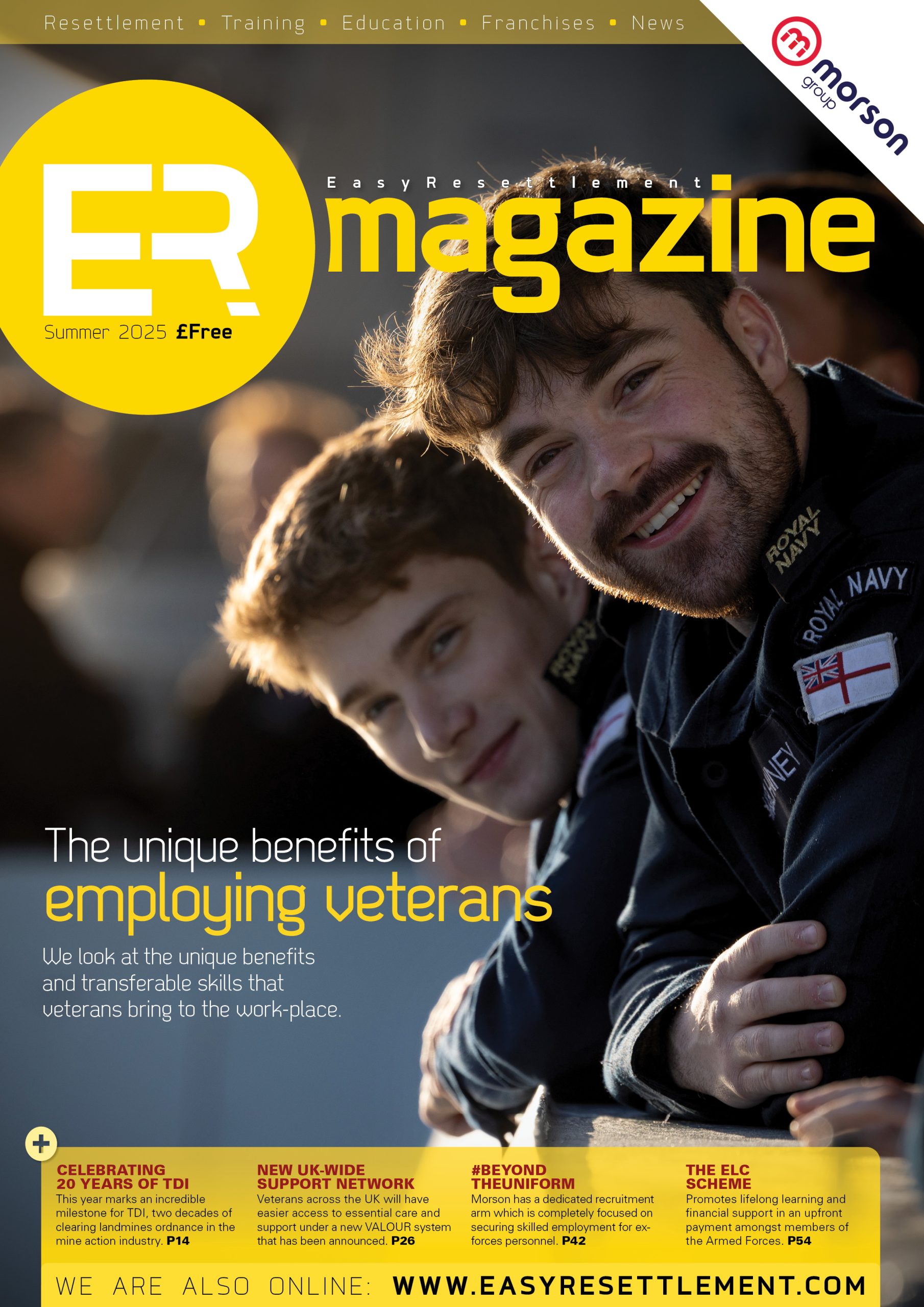Exercises to help you build resilience
In this edition of Easy Resettlement, we wanted to talk about the importance of resilience and how you can develop yours throughout your transition to civilian employment.
In today’s ever-changing world of work, employers and recruiters alike have begun placing more importance on soft skills – with personal resilience high on the agenda. Being able to deal with stressful situations, to adapt quickly and respond to change positively are all qualities that Service personnel have had to show throughout their time in the military – hence why civilian employers are so interested in recruiting from the ex-military talent pool!
So if you’d like to build on your existing resilience and help yourself stand out as a candidate, here are 3 exercises you can practise:
• Take risks – By taking more regular risks during your transition, you’ll expand beyond your comfort zone and see that you’re capable of far more than you might’ve thought. You could even keep a log of all your achievements – something you can refer to in order help you feel more energised and confident when tackling new challenges. The better you feel about yourself, the more resilient you’ll become.
• Journaling – If you’re in the habit of thinking things over whenever something bad happens, try journaling instead. Free your mind of negativity and just write freely for 20 minutes, really exploring your thoughts and feelings about an event/experience. This can help you gain an insight into what you find challenging in your journey with the CTP, and start overcoming any obstacles through constructive one-to-one conversations with your Career Consultant. Reflect on the results of your ongoing transition activities, what went well, what did you learn, what would you do differently?
• Gratitude activities – The practice of gratitude is one of the most time-tested and proven methods of enhancing resilience. Showing gratitude helps you feel good in yourself, improving your mental wellbeing and in turn, your resilience. There are a number of ways you can practise gratitude exercises, from writing down a few things each day you’re grateful for, to sending an email to those who help you, or simply telling people you see every day why you appreciate them. It might sound simple, but it’s often these small human interactions that can remind you that you’re not alone on your transition into civilian life.
Taking the time to look after yourself, reflect on your experiences and build confidence to be bold in your decision making are all great ways for you to become more resilient. And as we said earlier on, civilian employers are desperately looking for individuals who can adapt and flex in response to the change world of work we now find ourselves entering.

